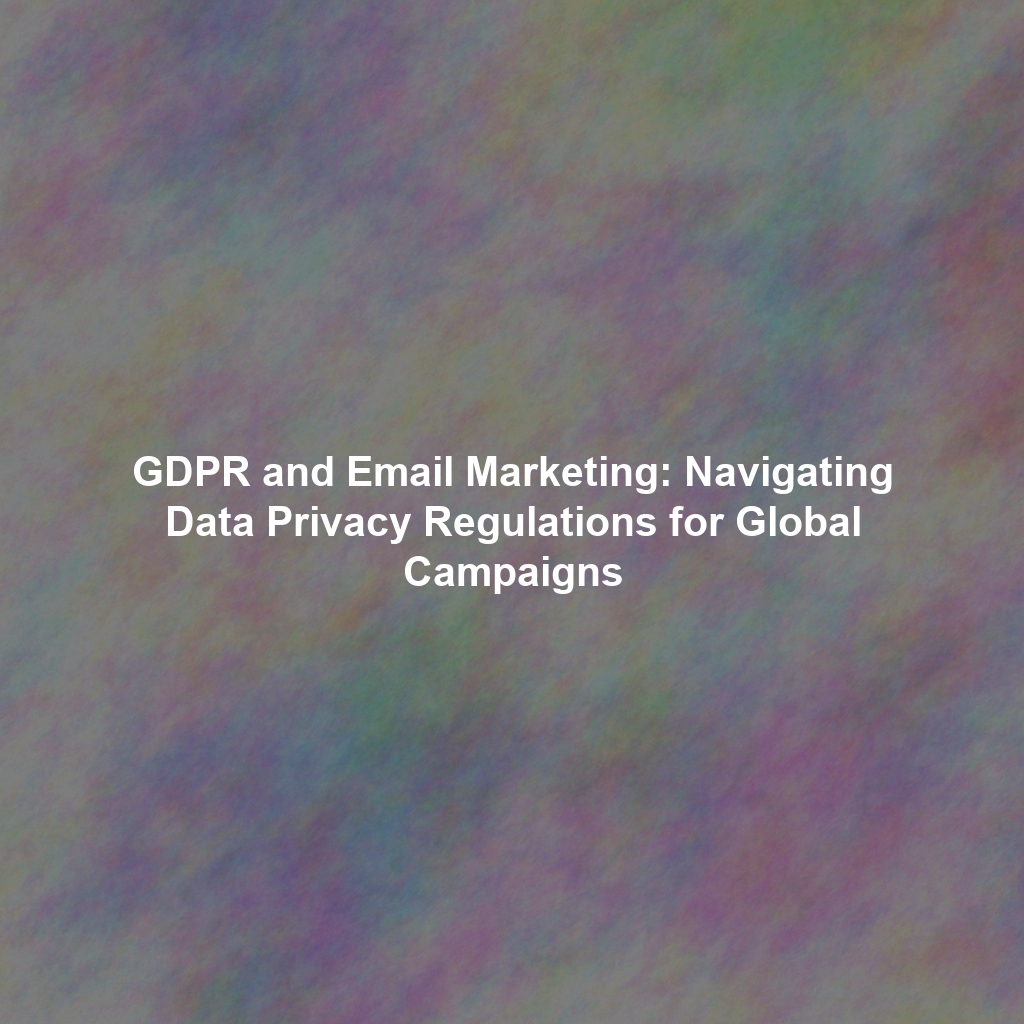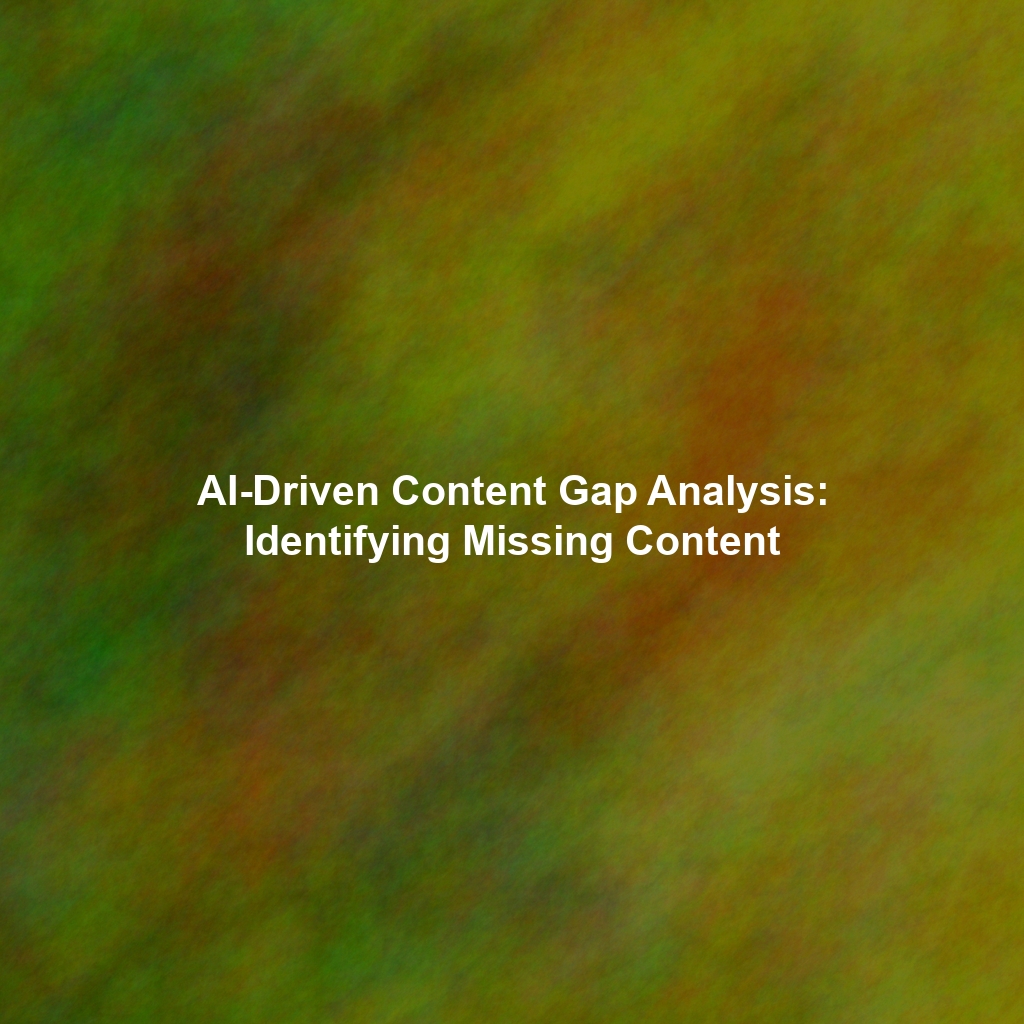Understanding GDPR and its Impact on Email Marketing
GDPR, enforced across the European Economic Area (EEA), fundamentally changed how businesses handle personal data. It applies not only to companies located in the EEA but also to any organization that processes the personal data of individuals within the EEA, regardless of where the organization is based. For email marketers, this means rethinking how you obtain consent, manage data, and communicate with your subscribers.
Key Principles of GDPR
- Lawfulness, Fairness, and Transparency: Data processing must be lawful, fair, and transparent to the data subject.
- Purpose Limitation: Data can only be collected for specified, explicit, and legitimate purposes.
- Data Minimization: Only collect data that is adequate, relevant, and limited to what is necessary for the purpose.
- Accuracy: Data must be accurate and kept up to date.
- Storage Limitation: Data should be kept only as long as necessary for the purpose.
- Integrity and Confidentiality: Data must be processed securely.
- Accountability: Data controllers are responsible for demonstrating compliance.
Obtaining Valid Consent for Email Marketing
One of the cornerstones of GDPR compliance is obtaining valid consent. This means getting explicit, informed, freely given, and unambiguous consent before sending marketing emails.
Best Practices for Consent
- Use Opt-in Forms: Implement clear and concise opt-in forms on your website and other channels. Avoid pre-ticked boxes or implied consent.
- Provide a Clear Explanation: Explain exactly what subscribers are signing up for and how their data will be used.
- Record Consent: Keep a record of when and how consent was obtained. This is crucial for demonstrating compliance.
- Separate Consent: Don’t bundle consent for different purposes. If you need consent for multiple activities, obtain them separately.
- Easy Withdrawal: Make it easy for subscribers to withdraw their consent at any time. Include a prominent unsubscribe link in every email.
Providing Data Access and Deletion Rights (Right to be Forgotten)
GDPR grants individuals the right to access their personal data held by organizations and to request its deletion (“right to be forgotten”).
Implementing Data Access and Deletion Procedures
- Establish a Process: Create a clear and efficient process for handling data access and deletion requests.
- Verify Identity: Before providing data or deleting information, verify the identity of the requester.
- Respond Promptly: Respond to requests within the timeframe stipulated by GDPR (generally one month).
- Document Actions: Keep a record of all data access and deletion requests and the actions taken.
Implementing Data Security Measures
Protecting personal data from unauthorized access, use, or disclosure is a critical requirement of GDPR.
Essential Security Measures
- Data Encryption: Encrypt data both in transit (e.g., using HTTPS for your website) and at rest (e.g., encrypting your email database).
- Access Controls: Restrict access to personal data to only those employees who need it to perform their duties.
- Regular Security Audits: Conduct regular security audits to identify and address vulnerabilities.
- Data Breach Response Plan: Develop a plan for responding to data breaches, including notifying affected individuals and the relevant supervisory authority.
- Use Secure Email Marketing Platforms: Choose email marketing platforms that prioritize data security and GDPR compliance.
GDPR and Email Marketing in Different Regions
While GDPR sets a baseline, other data privacy regulations may apply depending on your target audience.
Complying with CCPA and PIPEDA
* CCPA (California Consumer Privacy Act): This law gives California residents rights similar to GDPR, including the right to know what personal information is collected, the right to delete personal information, and the right to opt-out of the sale of personal information. If you market to California residents, ensure you comply with CCPA.
* PIPEDA (Personal Information Protection and Electronic Documents Act): This Canadian law governs the collection, use, and disclosure of personal information in the course of commercial activities. Similar to GDPR, it emphasizes consent and transparency. Understand the specific requirements of PIPEDA if you target Canadian customers.
Legal Disclaimers and Risk Mitigation
While this guide provides general information, it’s essential to seek legal advice to ensure your email marketing practices are fully compliant with GDPR and other relevant regulations.
Best Practices for Mitigating Legal Risks
- Regularly Review Policies: Stay updated on the latest developments in data privacy law and update your policies accordingly.
- Train Employees: Ensure your employees understand GDPR and other relevant regulations and how to comply with them.
- Document Compliance Efforts: Keep records of your compliance efforts, including consent records, data security measures, and data breach response plans.
- Seek Legal Counsel: Consult with a lawyer specializing in data privacy law to review your email marketing practices and ensure compliance.
Conclusion
Navigating GDPR and other data privacy regulations can seem daunting, but by prioritizing transparency, obtaining valid consent, implementing robust security measures, and staying informed about legal requirements, you can build trust with your subscribers and ensure your email marketing campaigns are both effective and compliant. Remember that compliance is an ongoing process, requiring continuous monitoring and adaptation to the evolving legal landscape. By adopting a proactive approach to data privacy, you can protect your business and foster stronger relationships with your customers.
 Skip to content
Skip to content

